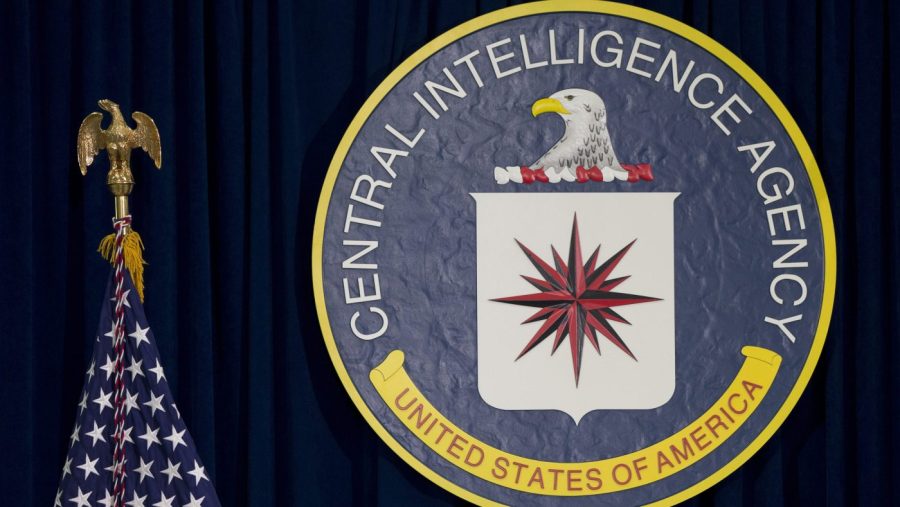
A report from the Senate Intelligence Committee offers a critical look at the CIA’s handling of cases of unexplained health incidents, determining its approach hindered its ability to care for staff and alienated employees.
The Friday report on anomalous health incidents (AHIs), previously referred to as “Havana Syndrome,” found the CIA’s “evolving organizational position have greatly complicated CIA’s ability to consistently and transparently facilitate medical care, provide compensation and other benefits, and communicate clearly about AHIs to the workforce.”
The intelligence community has assessed that symptoms from vertigo to tinnitus to cognitive issues experienced by agents are likely due to other medical issues, environmental exposure and psycho-social factors – not a foreign adversary.
At the same time, the report notes numerous studies have found “clusters of symptoms and diagnoses that cannot be easily explained” among the nearly 100 CIA reporters.
The report found that complicates the position of CIA employees, whose access to treatment and compensation is in some ways tied to earlier beliefs that the symptoms could have been the result of an attack.
The report describes an environment of distrust within the agency, with employees saying they felt pressured to share their broader medical records, “and were resistant because they feared the agency would ‘weaponize’ their information or try to use the records to ‘discredit’ their AHI reports such as by ‘pinning’ their AHI experience on a minor pre-existing condition.”
The CIA said in a statement that it “continues to approach every reported possible AHI with the utmost seriousness and compassion.”
The report also found that the CIA consistently challenged employees’ efforts to receive worker’s compensation, saying that as of the end of last year the agency had not concurred with various elements of employees’ applications to support their claim and had also not always turned over all documents needed.
“Collectively, this resulted in AHI reporters from CIA having lower approval rates for workers’ compensation claims than AHI reporters from other USG agencies–only 21% of CIA AHI applicants had been approved for workers’ compensation as of December 3 1, 2023, in contrast to 67% of AHI applicants from other USG agencies,” the report found.
Some AHI reporters said the inability to get workers compensation also prevented them from seeking disability benefits, prompting some to retire early or “cobble together various types of leave,” including leave without pay.
The report did credit the CIA with working more swiftly than some other agencies to adopt provisions of the HAVANA Act, including through its Expanded Care Program greenlighting the way to payments.
But it said CIA needs to do more, noting that it halted its own clinical research on AHIs, including pre- and post-AHI medical baseline testing.
“As a result, CIA may be missing out on important clinical data that could advance its understanding of AHIs,” the report stated.
It also said it needs to boost trust and communication with AHI reporters, many of whom they said have suffered “significant moral injury” and felt they were not believed, while others felt their career was impacted after discussing their AHI case.
The report also said that while reporting of such cases has dwindled, the agency needs to prepare for the potential of a surge in cases.
“CIA needs a sustained posture to address such incidents and to improve its medical tradecraft. CIA should be more organizationally prepared for the possibility that a large volume of AHI reports–or similar types of threats to the workforce–could arise in the future and overwhelm CIA’s capacity to respond on a case-by-case basis by, among other things, developing appropriate written policies and comprehensive plans for how it would respond to such threats,” it said.
For its part, the CIA said its commitment to its employees is “steadfast.”
“During the critical periods covered by this report, CIA had to design a response to a vexing problem as both our understanding of the problem and the problem itself evolved…. At the same time, CIA worked with the [intelligence community] to conduct a deep and rigorous investigation into the possibility that foreign actors were harming US Government personnel and their families, while also working tirelessly to assist officers and their families in getting the care and support they needed and rightly deserved,” an agency spokesperson said in a statement.
“In that environment, supporting our officers and their families required us to dynamically adapt our programs and processes to changing needs and circumstances. Whether, in hindsight, we could have done better is for others to evaluate, but our commitment to ensuring that our officers and their families had access to the care they needed has never wavered.”












